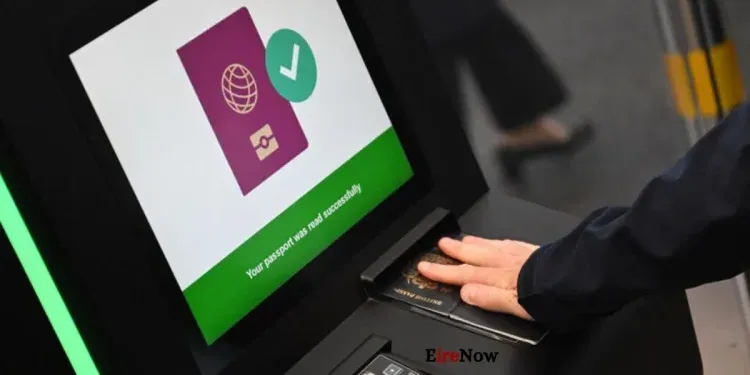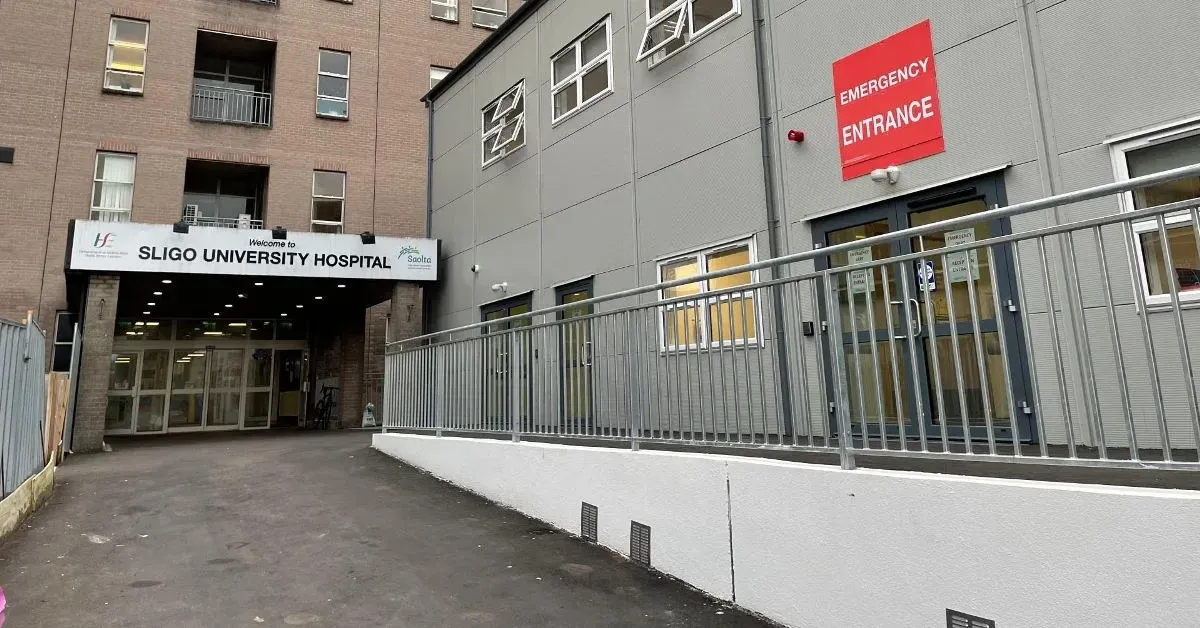Brussels/London– The European Union officially commenced the gradual rollout of its new digital border management tool, the Entry/Exit System (EES), at its external borders on Sunday, October 12, 2025. This automated system, which replaces traditional passport stamping, requires non-EU nationals to register their data electronically, including biometric information.
The EES will be introduced over a period of six months, with full implementation scheduled for April 10, 2026, across the participating countries.
Key Details of the System:
- Scope: The system applies to all non-EU citizens, including British passport holders, traveling for a short stay (maximum 90 days within any 180-day period).
- Participating Countries: It is being rolled out in 25 of the 27 EU member states and also includes Schengen-associated countries: Iceland, Norway, Switzerland, and Liechtenstein. The EES does not apply to travel to Ireland and Cyprus.
- Registration Process: On their first entry into the Schengen area under the EES, travelers must scan their passport, provide fingerprints, and have a facial photograph taken at dedicated kiosks or border booths. Subsequent journeys will primarily use facial biometric verification for faster processing.
- Purpose: The move is aimed at strengthening border security, tackling identity fraud, improving the detection of overstayers, and modernizing the common European migration and asylum framework.
European Internal Affairs and Migration Commissioner Magnus Brunner stated that the EES is the “digital backbone of our new common European migration and asylum framework” and noted that the six-month phased rollout is designed to ensure a smooth transition.
Impact on UK Travellers:
For British passport holders using juxtaposed control points (where EU border checks take place in the UK), the EES registration will occur before departure.
- Dover and Eurotunnel (Folkestone): The EES checks began on Sunday for freight and coach traffic only. Checks for passenger vehicles at Dover are expected to begin in November, and at Eurotunnel by the end of the year.
- Eurostar (London St Pancras International): The process is being introduced gradually, starting with certain business travellers from Sunday.
British Minister for Border Security and Asylum, Alex Norris, acknowledged that EES checks represent a “significant change” for British travellers and confirmed that the UK has been working closely with EU partners to ensure minimal disruption. Despite efforts, travel experts have warned that travellers, particularly at major ports and busy Southern European airports, should anticipate potential initial delays.







